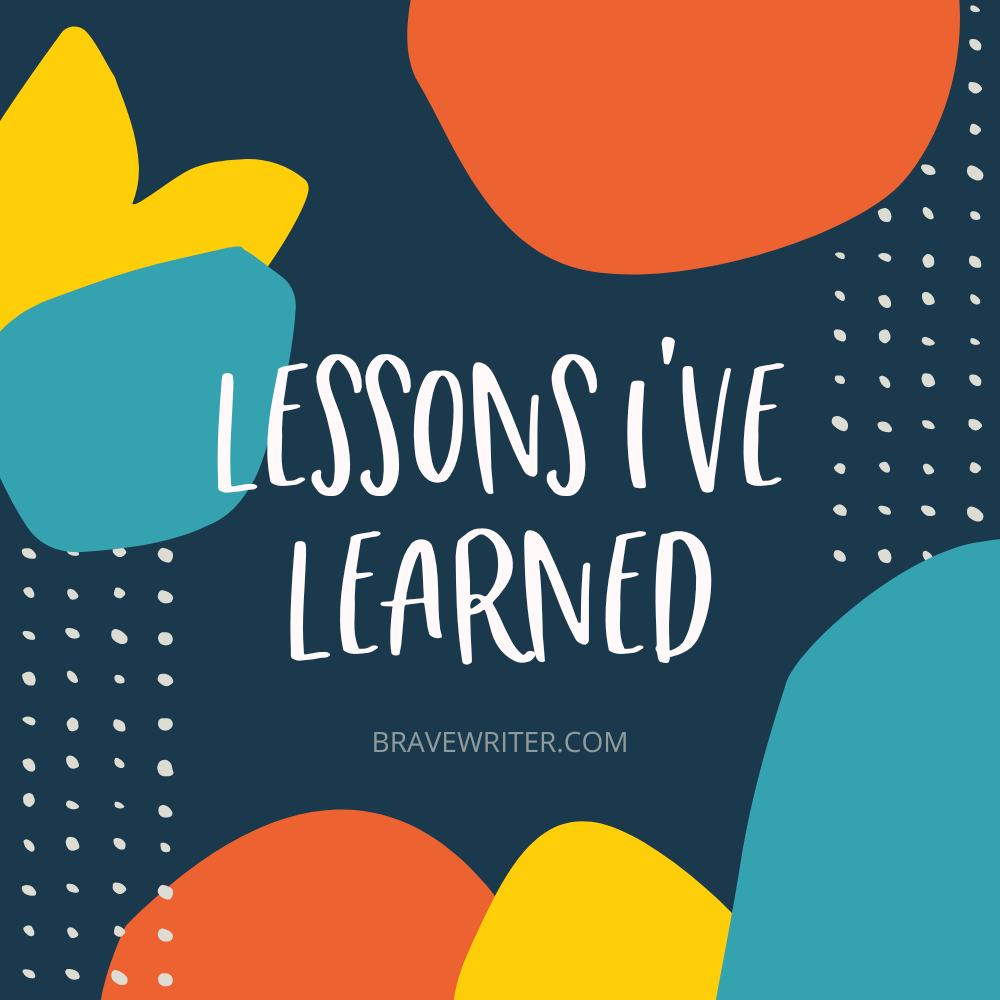Lessons I’ve Learned

I’ve spent the last 30+ years in the homeschool space actively as a participant and then as a business owner and freelance writer.
Below are both my observations and my experiences within the home education space.
I invite you to reflect rather than respond. Thanks for taking the time to read, pause, and reflect.
- Trauma, historic oppression and the perception of persecution or marginalization of a viewpoint are reasons many parents homeschool.
- Most homeschool communities, as a result, are built from shared beliefs (often religious or decidedly secular). These groups create their sense of safety and purpose through exclusion—excluding those who don’t agree with them.
- Communities or individuals who declare they hold the “truth” rarely change the minds of those outside the group. “Truth declarations” serve the exclusionary practices of ideological communities.
- There are precious few homeschool spaces, conferences, businesses, and thought leaders whose focus is education and critical thinking. Pluralism (coexisting peacefully with those who disagree with you) is not a strong value in the homeschool population, I’m sorry to say.
- Thinking begins with curiosity and questions: How does speaking out bring benefit to my cause? How does it harm my cause? Who is brought in? Who is cast out?
- What would move someone to be open to my different take? What helps me be open to a perspective I don’t want to be true?
- What do I hope to gain if X influencer sides with my viewpoint? What do I lose if that influencer does not side with my viewpoint? Why do I value X person’s assessment?
- In Brave Writer, we welcome anyone dedicated to providing their children with an education. We aren‘t here to teach your family what to think, but how to think.
Ultimately, we must ask:
What is gained for education when we follow a model of agreement and exclusion? What, on the other hand, is lost?

















